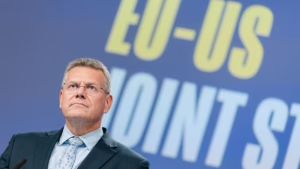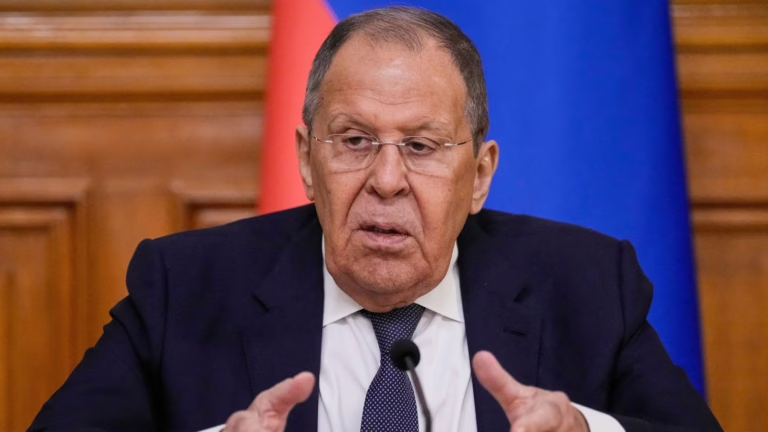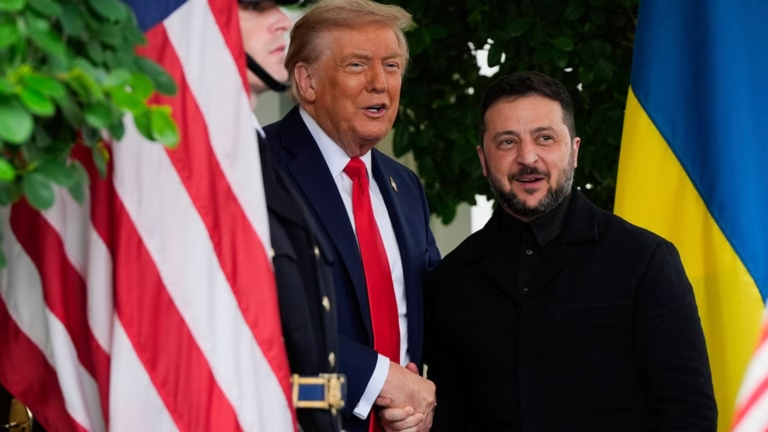Proposed by the designated chancellor, Friedrich Merz, the plan involves loosening strict debt rules, paving the way for a substantial surge in spending.
Under this plan, defense and security spending that exceeds 1% of the country’s gross domestic product (GDP) will be exempt from borrowing limits introduced after the 2008 financial crisis, potentially extending to aid for Ukraine.
This development comes at a critical time in the Ukraine conflict, especially as the United States appears to be reducing its support for Europe.
On Tuesday, the plan received overwhelming support from Mr. Merz’s conservative block, along with the Social Democrats (SPD) and the Green Party, passing through the lower house of parliament with 513 out of 720 votes in favor.
“For at least a decade, we have had a false sense of security. The decision we are making today regarding defense readiness… can be nothing less than the first major step towards a new European defense community,” Friedrich Merz stated before the vote.
In addition to defense spending, the plan will release around €500bn (£418m) to enhance infrastructure such as roads, schools, and bridges, as well as fund climate change measures, in line with the Green Party’s demands.
Markets have responded positively to the potential economic stimulus for Europe’s largest economy.
“This represents a historic shift in fiscal policy, possibly the most significant since German reunification,” commented Robin Winkler, chief German economist at Deutsche Bank Research, though he noted the need for these changes to translate into financial growth.
Defense leaders in Germany have repeatedly emphasized the urgent need for the country to be ready for war within the next five to eight years, highlighting the potential threat from Russian forces. However, years of underinvestment have left the military aging and shrinking, prompting hopes that the relaxation of borrowing rules will serve as a necessary financial boost for the armed forces and defense industry.
Both the conservative bloc and the SPD aimed to push the legislation through the outgoing parliament, anticipating potential opposition from an enlarged contingent of far-right and far-left lawmakers in the next Bundestag.
Mr. Merz has declared “Germany is back,” and the plan has been praised by NATO and EU leaders, including NATO chief Mark Rutte and EU Commission President Ursula von der Leyen, who hailed the historic agreement as a “very clear message” of Germany’s commitment to invest heavily in defense.







